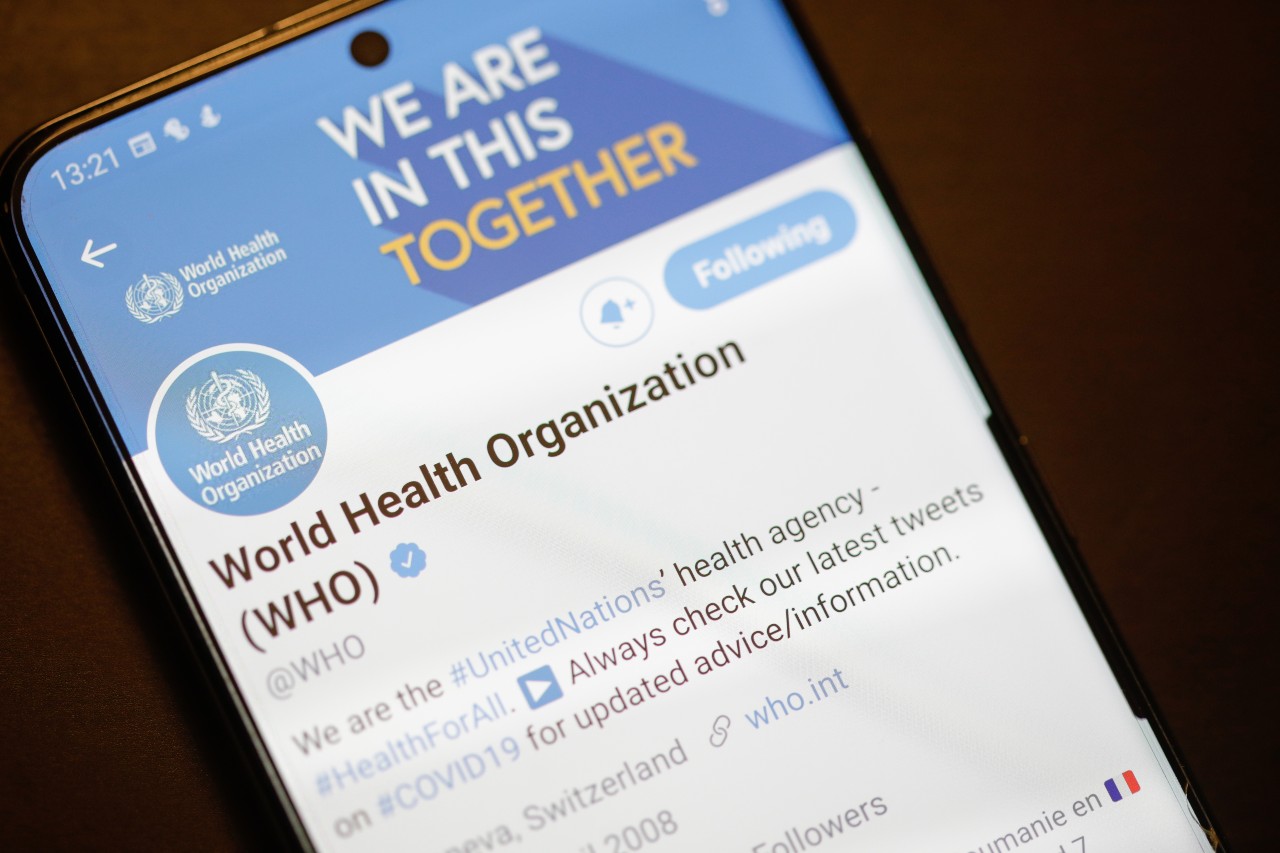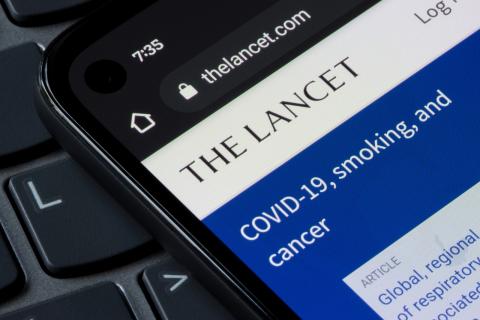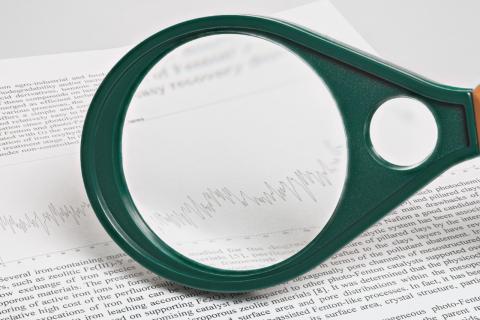1. Science fields are small in size, and scientists do not know everything about their general area.
Not all epidemiologists know about pandemics, and not all physicists know about bosons. The boundaries of knowledge are blurred, but every researcher specialises in a very specific area: as they move away from it, their expertise and knowledge diminish.
For example, a virologist specialising in the Zika virus will also know about the mosquitoes that transmit it, and perhaps about other similar viruses such as yellow fever and West Nile fever, but she need not be an expert on the influenza virus or other parasites such as malaria.
2. The more general our questions are, the less important is specialisation; but the reverse is also true.
If we want someone to explain how messenger RNA vaccines work, many popularisers, biochemists, microbiologists, and doctors will be able to do so with rigour, even if they are not vaccinologists, have a PhD in the subject or years of experience.
If we want to know how SARS-CoV-2 will evolve in the coming years, it is best to talk to people who are experts in the evolution of coronaviruses and respiratory viruses.
3. Presence in networks and media does not imply reliability
Profiles that have the most time to take care of their media and online presence and the ability to achieve greater visibility are not necessarily the most reliable or the most knowledgeable on a particular topic. Expertise is not measured in followers.
As a general advice, it is advisable to quarantine the opinions of those who deal with all topics, even if they are far from their speciality or only touch on it in a very tangential way.
4. Look up the author's profile to find out about his or her exact field of expertise.
Most researchers have websites at their universities and research centres where you can check their curriculum vitae, what their group is researching and what publications they have made. You can also find their work in databases such as PubMed, Dialnet and academic social networks such as ResearchGate.
One way to assess the relevance of an expert in a given field is to consult their h-index, which measures their productivity and the impact of their work. This is a controversial measure that is not without its many critics (starting with the fact that it puts productivity first), but it can give us a rough idea.
5. “I don't know” is a good response
A good source will not be afraid to say that he or she does not have the answer to a question, that a topic lies outside his or her field of expertise, or to point out the uncertainty or lack of consensus that exists around a topic.
6. Not all sources are flesh and blood
While experts are essential to understanding new research or a controversial issue, there are other sources that journalists can access. It is important not to disregard the scientific literature itself, journals and reports, and even non-scientific sources. Reviewing all this material before talking to researchers will make the conversation smoother and the questions more relevant.




